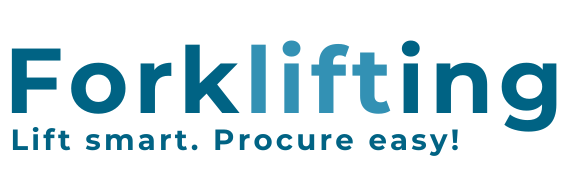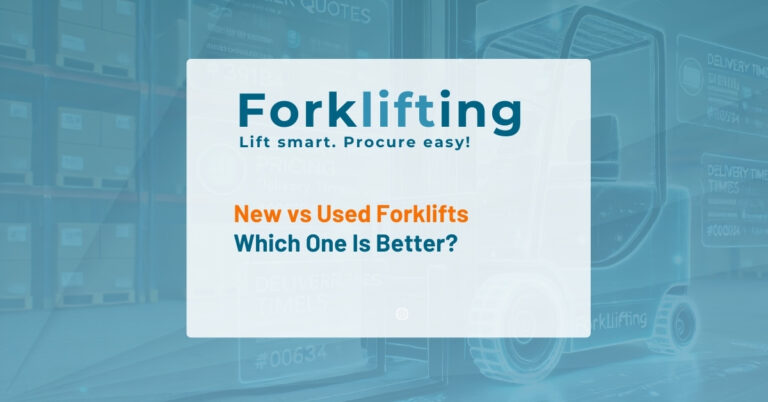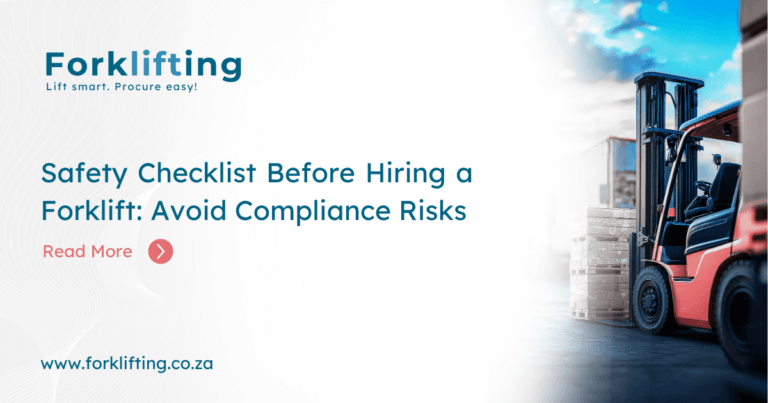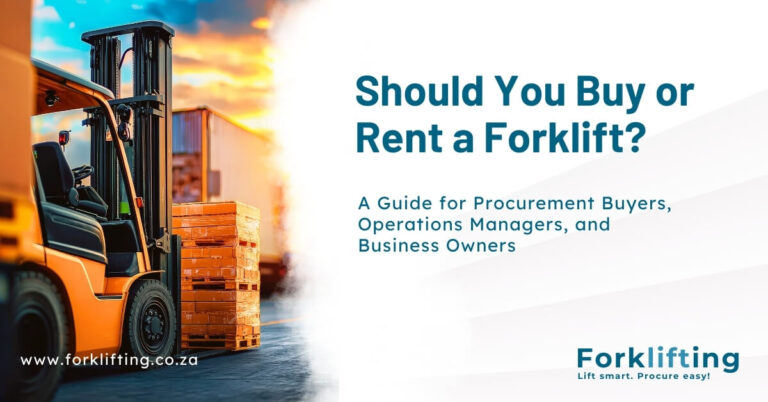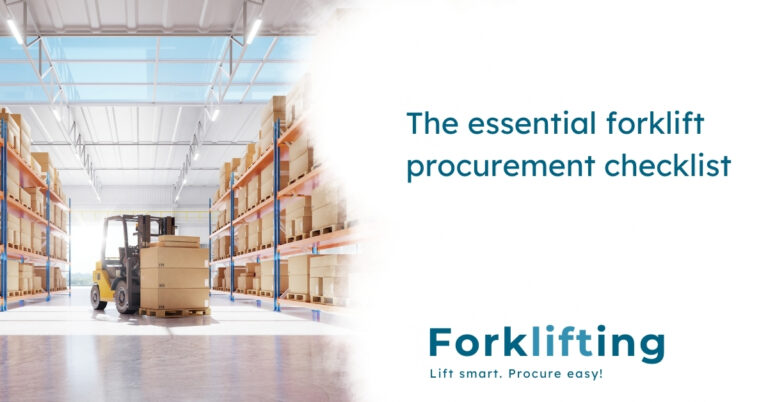# The Importance of Forklift Training
When it comes to forklift worksite operations, forklifts play a crucial role in ensuring efficiency and productivity. However, without proper training, these powerful machines can become dangerous liabilities. That’s why forklift training is of utmost importance. By providing operators with the necessary knowledge and skills, proper forklift training unlocks a world of benefits and transforms worksite operations for the better.
The Benefits of Proper Forklift Training
- Enhanced Safety: Forklifts are heavy-duty machines that require careful handling. Proper training equips operators with the skills to operate forklifts safely, reducing the risk of accidents and injuries on the worksite. This not only protects the operators themselves but also their fellow workers.
- Increased Efficiency: Well-trained forklift operators are more efficient in their tasks. They know how to handle loads properly, navigate through tight spaces, and optimize their movements. This leads to faster and more accurate material handling, resulting in improved overall worksite productivity.
- Reduced Equipment Damage: Improper forklift operation can lead to costly equipment damage. With proper training, operators learn how to handle forklifts correctly, minimizing the risk of accidents and reducing the likelihood of damaging the equipment. This ultimately saves the company money by avoiding unnecessary repairs and replacements.
Forklift Training Statistics
Statistics show the significance of forklift training in improving worksite operations. According to the Occupational Safety and Health Administration (OSHA), nearly 35,000 serious injuries and 85 fatalities occur annually in the United States due to forklift-related incidents. Shockingly, OSHA estimates that 70% of these accidents could have been prevented with proper training.
Furthermore, a study conducted by the Industrial Truck Association (ITA) revealed that businesses that invest in comprehensive forklift training experience a 61% reduction in accidents. This not only improves the safety of the worksite but also leads to significant cost savings.
Understanding Forklift Training Requirements
Before embarking on forklift training, it is important to understand the requirements set forth by regulatory bodies and industry standards. OSHA, for example, mandates that all forklift operators receive formal training and be evaluated for their competency. Training programs should cover both theoretical knowledge and practical skills, ensuring that operators are well-prepared for real-life worksite scenarios.
In addition to OSHA requirements, individual companies may have their own specific training requirements. It is essential to consult with your employer or worksite supervisor to determine any additional training needs that may be necessary to meet their standards.
Finding Forklift Training Near Me
Now that you understand the importance and requirements of forklift training, the next step is to find a reputable training provider near you. A quick online search for “forklift training near me” will yield numerous results. However, it is important to choose a training program that meets your needs and offers high-quality instruction.
When searching for forklift training near you, consider the following factors:
- Accreditation: Look for training providers that are accredited by recognized organizations. This ensures that the training program meets industry standards and is of high quality.
- Course Content: Review the course syllabus to ensure that it covers all the necessary topics, including both theory and practical skills.
- Instructor Qualifications: Check the qualifications and experience of the instructors. Experienced instructors with industry knowledge can provide valuable insights during the training.
- Reviews and Testimonials: Read reviews and testimonials from previous trainees to get an idea of the training program’s effectiveness and quality.
Factors to Consider When Choosing a Forklift Training Program
Choosing the right forklift training program is crucial for unlocking the full potential of worksite operations. Consider the following factors to make an informed decision:
- Training Methods: Does the program offer a mix of theoretical and practical training? Hands-on experience is essential for operators to gain confidence and proficiency.
- Duration: How long is the training program? Ensure that the duration is sufficient to cover all the necessary topics and provide ample practice time.
- Cost: While cost is an important consideration, it should not be the sole determinant. Look for value for money by considering the quality of instruction and the reputation of the training provider.
- Certification: Does the training program provide certification upon completion? A recognized certification adds credibility to an operator’s skillset and can improve job prospects.
How Much Does Forklift Training Cost?
The cost of forklift training can vary depending on several factors, including the location, training provider, and the type of training required. On average, forklift training can range from £200 to £500 in the UK. However, it is important to note that the cost is a worthwhile investment considering the benefits and safety improvements that proper training brings to worksite operations.
Forklift Training Certification and Accreditation
Once you have completed a forklift training program, it is essential to obtain certification to validate your skills and knowledge. Certification provides evidence that you have received proper training and are competent in operating forklifts. Several organizations offer forklift training certification, including accredited training providers, industry associations, and regulatory bodies.
It is important to choose a certification that is widely recognized in the industry. Accredited training programs often provide certification upon completion, which ensures that the certification meets industry standards and is accepted by employers.
The Impact of Forklift Training on Worksite Operations
Investing in proper forklift training has a profound impact on worksite operations. Not only does it enhance safety and reduce the risk of accidents, but it also improves overall efficiency and productivity. Well-trained forklift operators can handle materials with precision and speed, leading to smoother workflows and reduced downtime.
Furthermore, the positive effects of forklift training ripple through the entire worksite. When operators are confident and skilled in their tasks, it creates a culture of safety and professionalism. This, in turn, boosts employee morale and reduces turnover, leading to a more harmonious and productive work environment.
Conclusion: Investing in Forklift Training for Success
Forklift training is an investment that pays off in numerous ways. By prioritizing proper training, worksites can unlock success and transform their operations for the better. Enhanced safety, increased efficiency, and reduced equipment damage are just a few of the benefits that come with investing in forklift training.
So, whether you are an employer looking to improve worksite operations or an individual seeking to enhance your career prospects, don’t underestimate the power of proper forklift training. Find a reputable training program near you, ensure it meets industry standards, and embark on a journey towards success.
Now is the time to take action and unlock the full potential of forklifts in your worksite operations!
Invest in forklift training today and experience the transformative power it brings to your worksite operations. Contact a reputable training provider near you and make the first step towards success.
